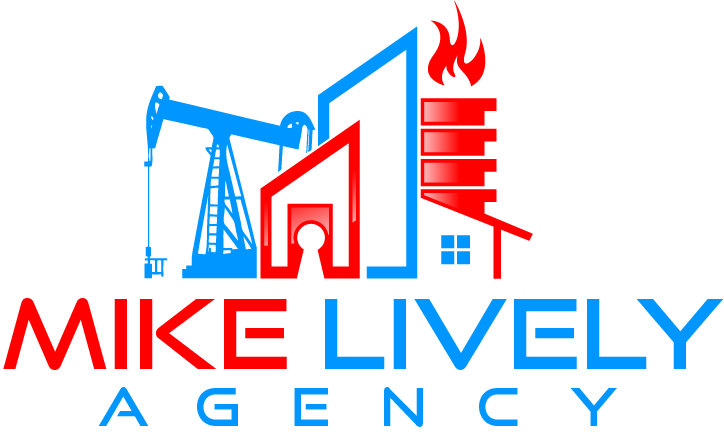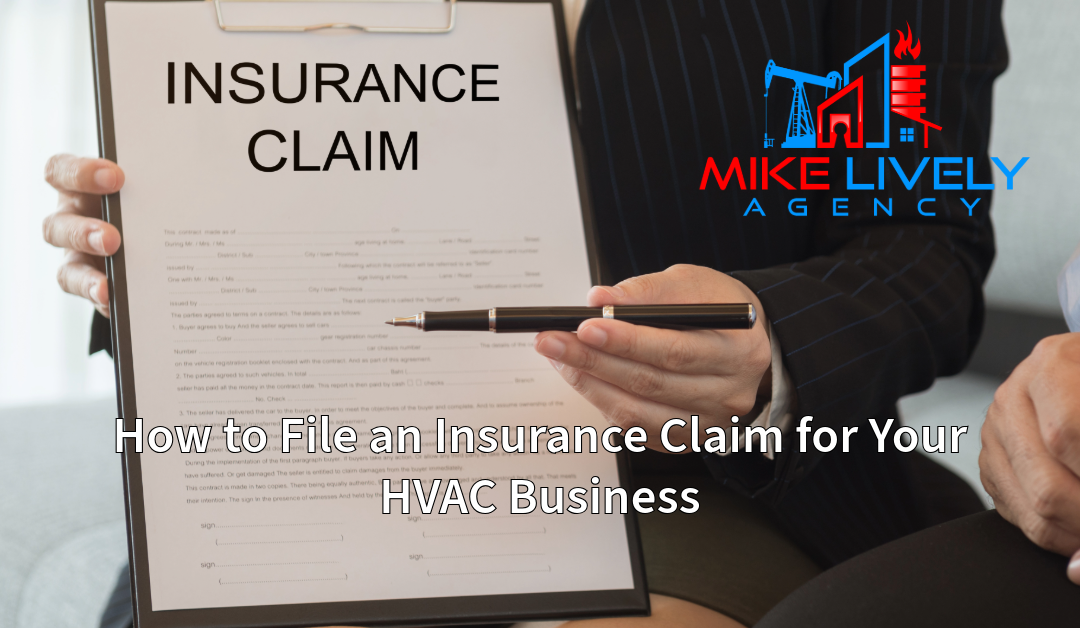For HVAC contractors, staying prepared for the unexpected is a key part of maintaining a successful operation. With daily responsibilities spread across job sites and client calls, accidents are bound to happen—whether it’s a client’s property getting damaged during installation or a technician suffering an injury on-site. That’s where a well-structured insurance claim can make all the difference, helping HVAC business owners recover financially from unforeseen events.
Let’s explore how you can navigate the insurance claim process to safeguard your business, minimize disruptions, and secure the right support when it counts.
Start with a Clear Picture of Your Coverage
Imagine you’re on-site replacing an air conditioning unit for a commercial client. Just as the unit is about to be installed, your technician accidentally damages a window. In moments like these, understanding your insurance coverage can be a lifesaver. Knowing your policy limits and specific coverages—like commercial property insurance, liability insurance, or inland marine insurance—is essential to getting the process started correctly.
Each type of coverage serves a specific need:
- Commercial Auto Insurance can cover vehicles in your fleet used for transporting equipment between job sites.
- General Liability Insurance typically addresses third-party claims for property damage or bodily injury.
- Professional Liability Insurance covers potential claims of negligence in your services, such as a misdiagnosis that damages the system.
Understanding these distinctions can help you file the right claim and provide accurate information to your insurance provider.
Document Everything on the Spot
When an incident occurs, documentation is your best friend. Noting details at the scene can prevent any issues when it’s time to process the claim. Here’s a checklist of what to document:
- Photos and Videos: Capture the damaged equipment, property, or any bodily injuries as soon as possible.
- Written Statements: Document your technician’s account, and if applicable, ask witnesses for statements. Written descriptions of the event can help build a clear picture for the insurance adjuster.
- Receipts and Maintenance Logs: For claims involving tools or equipment, maintenance records are crucial. They can confirm the condition of the items before the incident, potentially supporting your claim.
- Job Site Records: Keep a log of who was on the job site, what work was being done, and any potential factors that may have contributed to the issue.
Incorporating thorough records shows the insurance company you’re prepared, streamlining the claim process.
Contact Your Insurance Provider Promptly
Once you’ve gathered the necessary information, contacting your insurance provider promptly is essential. Delayed reporting can sometimes complicate the claims process, and some insurance policies require claims to be filed within a specific timeframe. Connect with your provider as soon as you’re able to give a detailed account of the incident.
When contacting your insurance provider, be prepared with:
- A summary of the event, including dates, location, and specifics about the incident
- Relevant policy details to ensure you’re discussing the appropriate coverage
- Contact information for anyone involved, including witnesses if applicable
This helps get the claim moving and allows your insurance company to assign an adjuster or agent to your case without delay.
Work Closely with the Claims Adjuster
Once your claim is initiated, an adjuster will likely be assigned to your case. The adjuster’s role is to assess the damage, estimate costs, and determine how much of the claim is covered under your policy. This step is crucial, as it sets the tone for the settlement you’ll receive.
To ensure a smooth process:
- Schedule an Inspection: Arrange a convenient time for the adjuster to inspect the property or equipment involved.
- Provide Supporting Documentation: Show your records, maintenance logs, and any documentation you gathered.
- Ask Questions: If you’re unsure about coverage limits, deductibles, or what will be reimbursed, don’t hesitate to clarify with the adjuster.
Your cooperation can accelerate the claim resolution, and it shows you’re committed to transparency and professionalism.
Manage Potential Out-of-Pocket Costs
Insurance can cover a significant portion of the costs, but it’s essential to be prepared for expenses that might fall outside your policy limits. This might include deductibles, which are the portions of any claim that you’re responsible for, or additional costs for equipment repairs that exceed your coverage.
For HVAC business owners, understanding policy limits and deductibles can provide peace of mind when budgeting for emergencies. If, for example, a commercial auto insurance policy doesn’t fully cover the cost of a vehicle collision, being prepared for the out-of-pocket expenses will allow you to keep business operations running smoothly without financial strain.
Avoid Common Claims Mistakes
Filing a claim without preparation can lead to avoidable errors. Here are some mistakes to steer clear of:
- Delaying the Filing Process: Waiting too long to report an incident can complicate the process or even lead to a denied claim.
- Lacking Documentation: Without proper documentation, it becomes difficult to prove the details of the incident. This can result in a reduced payout or a more extended investigation.
- Overlooking Coverage Details: Review your policy limits and understand what is covered. Knowing this in advance ensures you aren’t caught off guard if part of a claim falls outside your policy.
These mistakes can lead to complications and, in some cases, denied claims. Preparation is your best strategy for getting through the process smoothly.
Examples of Claims Situations
Understanding the claims process can be easier with real-world scenarios. Consider these situations HVAC contractors often encounter:
- Bodily Injury on a Job Site: Suppose a customer slips near an HVAC installation and suffers an injury. A general liability insurance policy could address this, covering medical bills and compensation for pain and suffering. This ensures the injured party’s medical expenses are addressed without your business shouldering the cost.
- Theft of Equipment: If valuable HVAC equipment is stolen from your job site, inland marine insurance could cover the replacement costs for those items. This coverage applies whether items are in transit or temporarily stored on-site, protecting your business from sudden equipment losses.
- Property Damage During Installation: Imagine a technician accidentally damaging a client’s floor while installing a new system. In this scenario, your liability insurance would likely cover repair costs for the property damage, protecting both your business and the customer’s property.
Closing the Claim and Looking Ahead
After the adjuster completes the review and the insurance company processes the claim, you’ll receive compensation according to your policy’s terms. While the claim closure may seem like the end, it’s an excellent opportunity to review your insurance policies and identify any coverage gaps. Consider speaking with your insurance provider about adjusting policy limits or adding additional coverage options to support future needs.
Ensuring that your HVAC business has comprehensive protection for all possible risks can save you significant financial headaches down the road. Being well-prepared for the claim process gives you confidence that your business can recover quickly when unexpected events occur.
At the Mike Lively Agency, we understand the unique challenges contractors face in the Midland-Odessa and Permian Basin regions. Our experienced team commits to providing comprehensive insurance solutions tailored to the specific needs of your business. Whether you need worker’s compensation coverage, general liability insurance, or commercial auto insurance, we’re here to help you navigate the complexities of insurance and find the best protection for your operations. Contact us today to learn more about our services and how we assist West Texans in safeguarding your business and ensuring its continued success.


